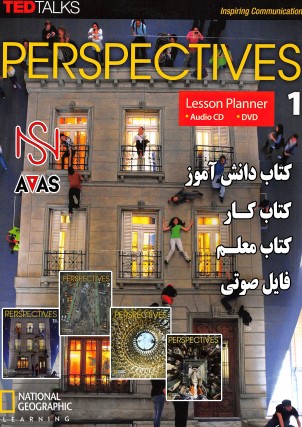نمونه سوالات استاندارد Natrual English
نمونه سوال درس به درس از کتاب Natrual English Upper-intermediate
این سوالات قابل ویرایش.
سوالات درس 1-6 کتاب آپر نچرال اینگلیش
A communicative, speaking-oriented four skills course which helps students to sound natural when using English.
‘To sound natural’ is a key aim of many English students.
natural English focuses very much on that aspect of communication, especially when speaking.
With this course, you cover the high-frequency, functional language that learners need to sound more natural at their level.
The Teacher’s Books include Teacher Development chapters on different teaching issues, specially written for each level.
- Communicative four-skills syllabus with a clear focus on speaking
- Natural English feature – high-frequency phrases that sit outside a traditional grammar/lexical syllabus
- Listening Booklet of tapescripts and extra listening activities
- Extended Speaking sections
- Teacher Development chapters
If you’re looking for a challenging English course with a communicative syllabus, try natural English.
It covers all four skills – as you’d expect – but the focus here is definitely on the language that helps students sound more natural when they use English.
But what is natural English?
Natural English is language that is:
i) high-frequency, probably idiomatic
ii) outside traditional grammar and vocabulary syllabuses
iii) level-specific – it sounds immediately wrong, or unnatural, when used at a lower level
To find out exactly which language should inform the syllabus, the authors Ruth Gairns and Stuart Redman used communicative activities to run trials between different levels of students. So, for intermediate:
‘We realized that a more realistic goal [than native speakers] for intermediate learners could be provided by those who had already broken through the intermediate barrier: upper-intermediate and low advanced learners of English.’
The authors ran trials between intermediate and upper-intermediate students, and identified the gaps in the intermediate learners’ language. This gave the authors the basis for the Intermediate syllabus.


